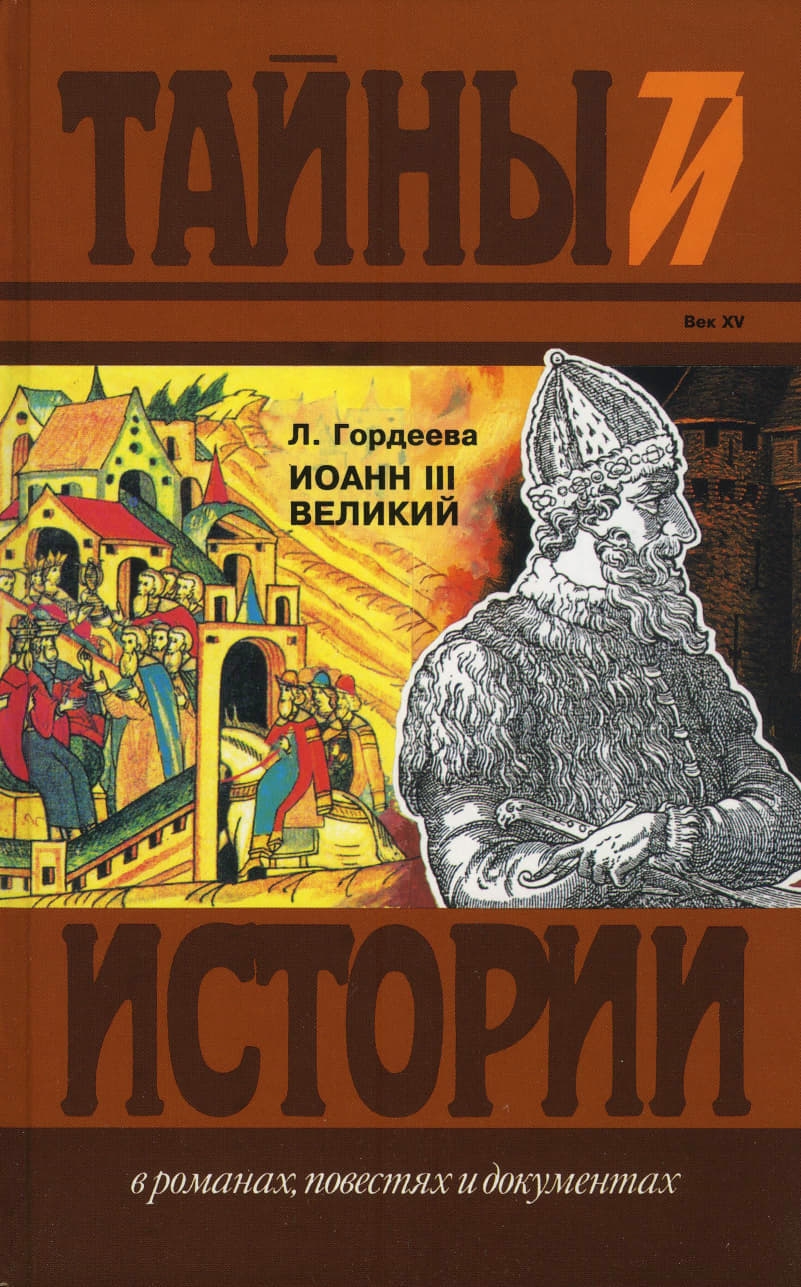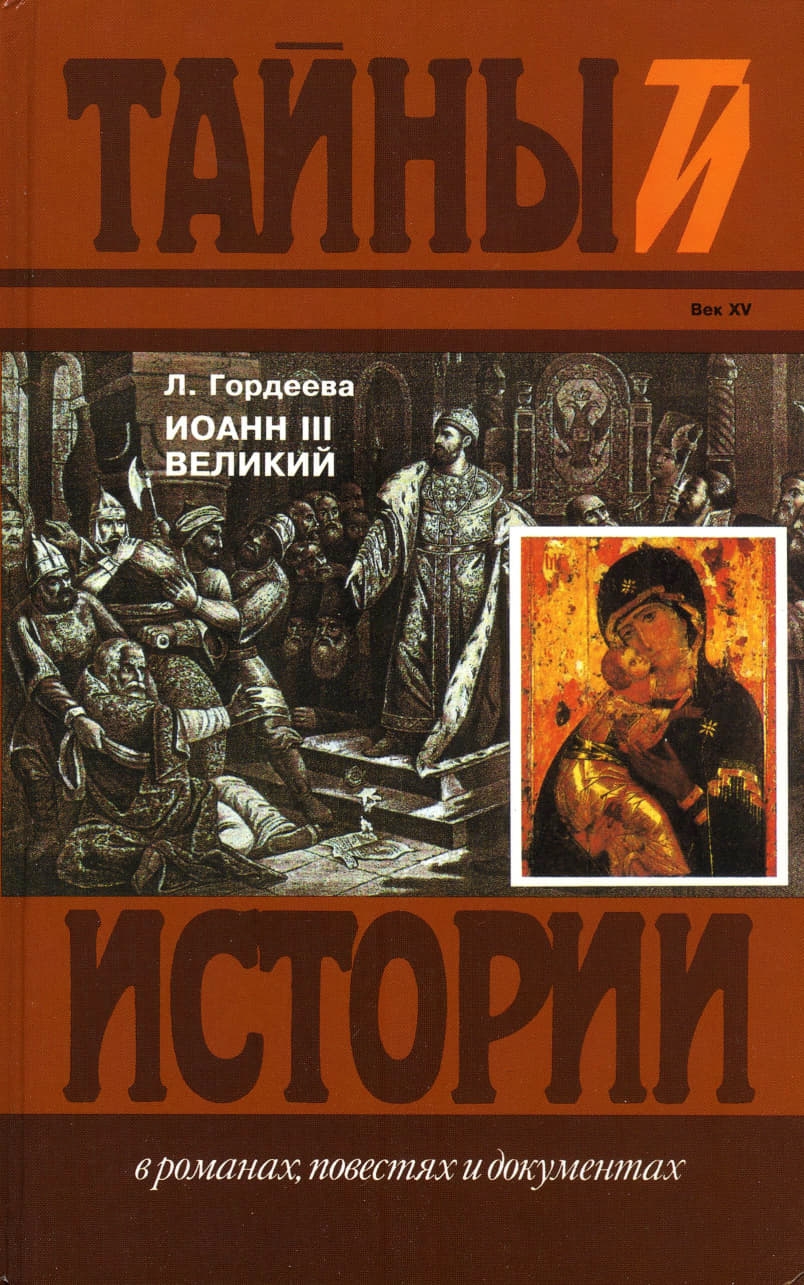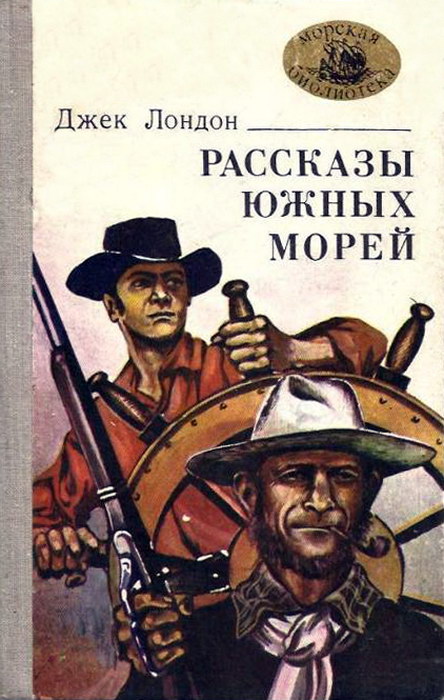Шрифт:
Закладка:
Потрясающее расследование и обвинительный акт в отношении одного из сегментов иностранной лоббистской индустрии Соединенных Штатов и угрозы конца демократии.
Эти американцы известны как иностранные лоббисты, и многие из них провели годы, помогая диктаторским режимам проникать в вашингтонские залы, отмывая репутацию самых отвратительных и репрессивных режимов. Среди этих иностранных лоббистов такие фигуры, как Айви Ли, изобретатель индустрии связей с общественностью - человек, который обелял Муссолини, открывал двери Советам и советовал нацистам, как склонить на свою сторону американскую аудиторию. А теперь они включают все большее число американцев в других местах: в юридических фирмах и консалтинговых компаниях, среди специалистов по связям с общественностью и бывших законодателей, и даже в аналитических центрах и университетах.
Мишель - автор, журналист и директор программы по борьбе с клептократией Фонда прав человека. Он автор книги «Американская клептократия», названной журналом The Economist одной из «лучших книг, которые следует прочитать, чтобы понять суть финансовых преступлений».





